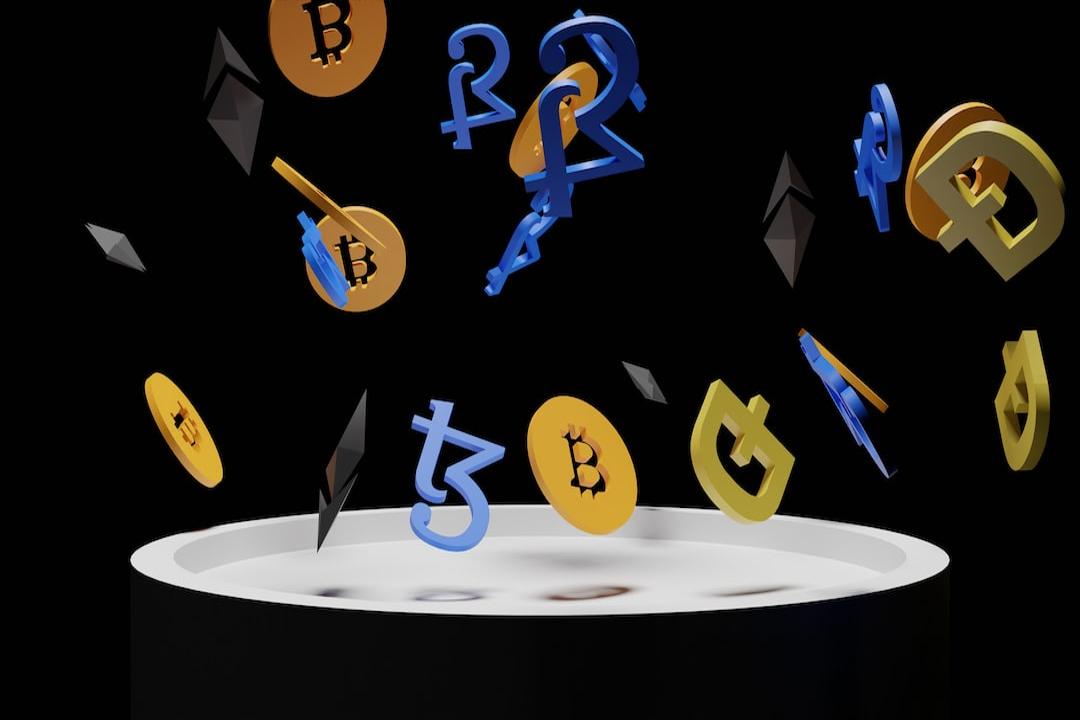Dechat, a Web3 communication protocol that focuses on decentralized user interactions, made a critical mistake when it accidentally linked to a honeypot PancakeSwap pool in its official token launch announcement on February 26th.
The error was pointed out by an on-chain researcher named ZachXBT, who criticized Dechat for linking to a honeypot crypto scam. Honeypot scams are malicious smart contracts that have hidden traps designed to attract investments from users, only to steal their funds.
Upon realizing the mistake, Dechat promptly deleted the initial post and issued a new announcement with an updated PancakeSwap link. On the same day, the protocol launched its new utility token, DECHAT, for trading. The token is now available on several exchanges, including KuCoin, Bybit, Gate.io, HTX, MEXC, and PancakeSwap.
Cointelegraph has reached out to Dechat for further comments on the matter.
The community responded with widespread criticism following the error. One user, Varun4243, claimed to have lost funds due to Dechat’s mistaken honeypot link.
Honeypot scams have become a growing concern due to their quick and easy deployment. According to CertiK, a blockchain security firm, a malicious actor can create a new honeypot contract in as little as 30 minutes.
One infamous example of a honeypot token scam is the Squid Game scam that took place in November 2021. The developers of the SQUID token managed to steal around $6.38 million worth of untraceable BNB by utilizing a cryptocurrency mixer called Tornado Cash.
Despite clear warning signs, such as the inability of token holders to sell their tokens, the fraudulent projects still managed to generate interest. They often claim to have innovative anti-dumping technology, which is nothing more than a ruse to prevent users from selling their tokens.
Honeypot contracts typically attract funds that users are unable to sell because the contract’s sell function is disabled. Once enough users have fallen for the scam, the malicious actor withdraws the investor funds.
Honeypot scams are a serious issue that requires vigilance from users and the community as a whole. It is essential to thoroughly research and verify investment opportunities to avoid falling victim to these fraudulent schemes.

